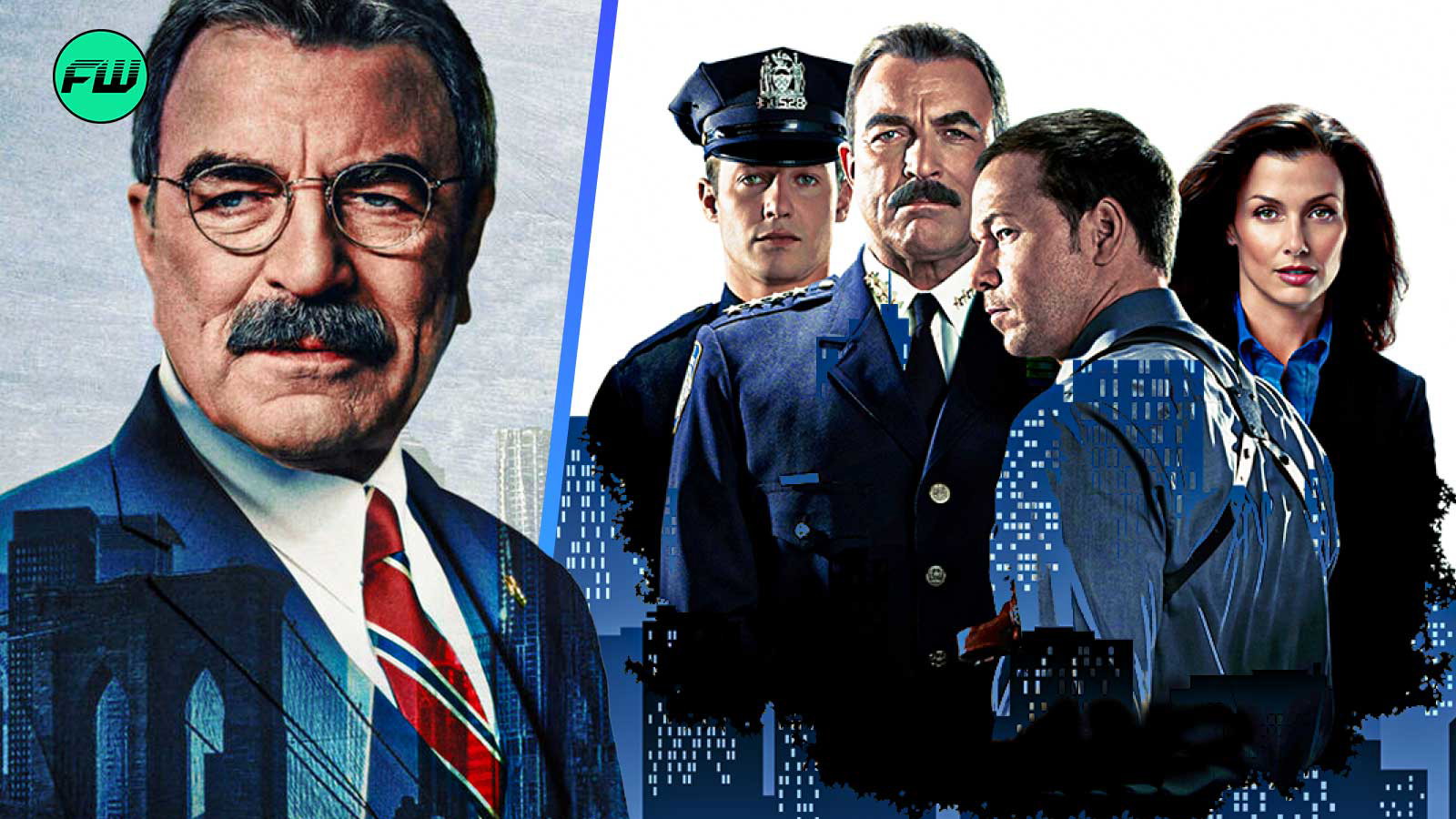
Fifteen seasons in, Blue Bloods should, by all TV logic, be running on fumes. Instead, it continues to pull in steady ratings and maintain a loyal fan base. The secret? It has never really been just about cops and cases.
Yes, Blue Bloods delivers procedural elements — crimes to solve, suspects to track, courtroom showdowns. But it weaves them into a larger tapestry of family, ethics, and personal sacrifice. The Reagans are public servants, but they’re also siblings, parents, children, and friends. The audience tunes in for the cases, but stays for the relationships.

The show also benefits from its moral complexity. In an age where crime dramas often blur good and bad beyond recognition, Blue Bloods walks a careful line. It acknowledges flaws within the system while still honoring those who serve it. Episodes regularly present multiple perspectives, forcing characters (and viewers) to wrestle with difficult questions.
Then there’s the balance of old-school and modern storytelling. Blue Bloods embraces its traditional tone — measured pacing, warm lighting, classic family values — while engaging with contemporary issues like police accountability, political polarization, and generational differences in law enforcement.
It’s this blend of heart, integrity, and realism that keeps Blue Bloods from fading into TV history. After all, good stories — like good families — are built to last.